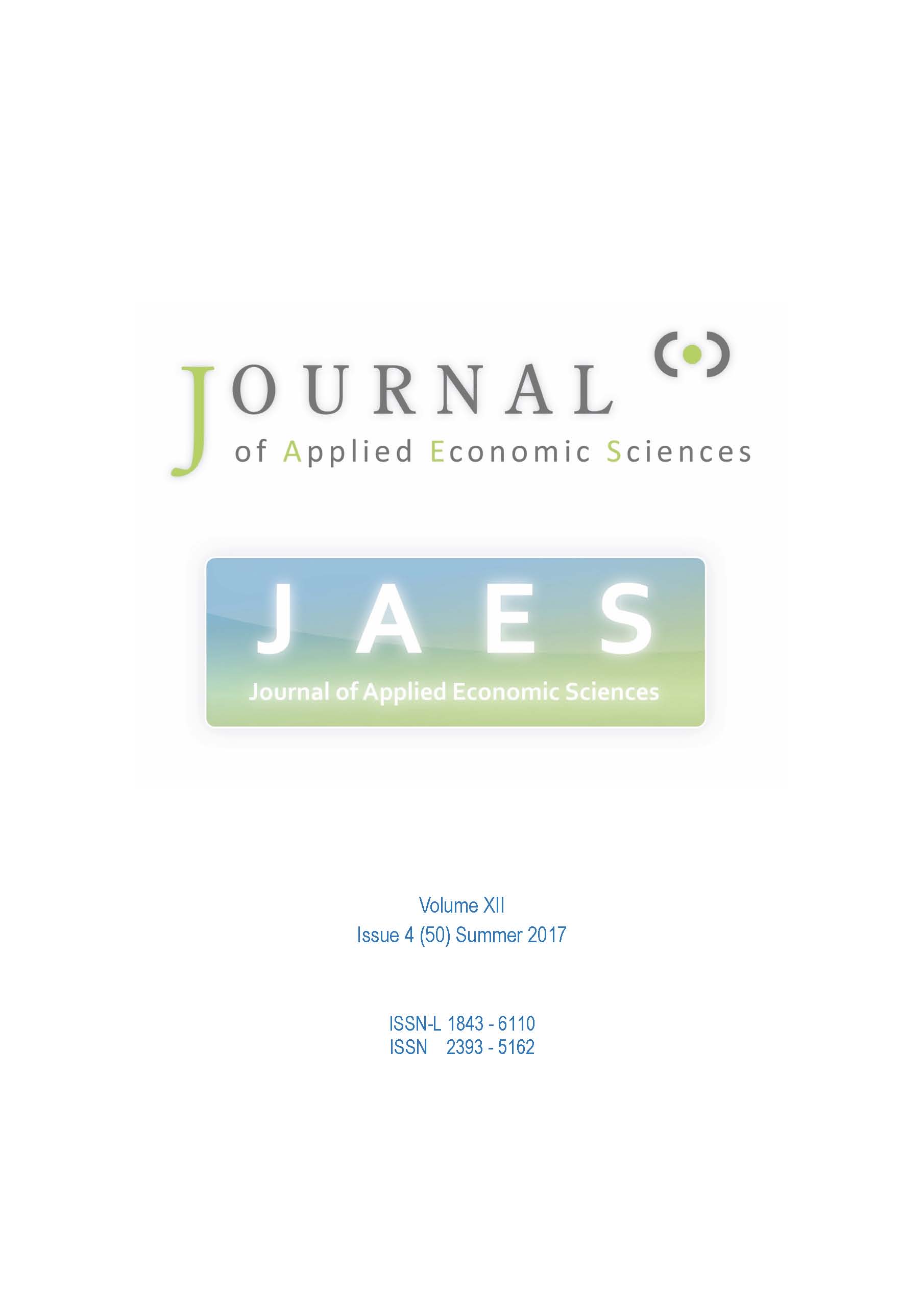The Impact of the 2008-2009 Global Crisis on Governance: A Comparison of High Income and Low-Income Countries
The Impact of the 2008-2009 Global Crisis on Governance: A Comparison of High Income and Low-Income Countries
Author(s): Halil Dincer KayaSubject(s): Supranational / Global Economy
Published by: Reprograph
Keywords: governance; wgi; economic crisis; global crisis;
Summary/Abstract: We examine the impact of the 2008-2009 Global Crisis on governance. We examine High-Income OECD, High-Income Non OECD, Upper-middle Income, Lower-Middle Income, and Low Income Countries separately. As measures of governance, we use the World Bank’s Worldwide Governance Indicators which includes six dimensions of governance which include “Voice and Accountability”, “Political Stability and Absence of Violence”, “Government Effectiveness”, “Regulatory Quality”, “Rule of Law”, and “Control of Corruption”. We find that, from pre-crisis period to post-crisis period, the ranking of each income group does not change. Our results show that, both pre- and post-crisis, the High-Income OECD Countries have the best governance measures, the High-Income Non-OECD Countries have the second best measures, and so on, in the order shown above. Interestingly, the High-Income Non-OECD Countries performed better than the other groups after the crisis. After 2008, this group actually improved in four out of six categories. We conclude that although crises affect all income groups, the High-Income Non-OECD Countries have been more successful in alleviating the effects of crises on public governance. Most of these countries are more authoritarian and more resource-rich countries and we believe that these characteristics may explain their success in fending off the negative impacts of financial/economic crises.
Journal: Journal of Applied Economic Sciences (JAES)
- Issue Year: XII/2017
- Issue No: 50
- Page Range: 1162-1174
- Page Count: 13
- Language: English

